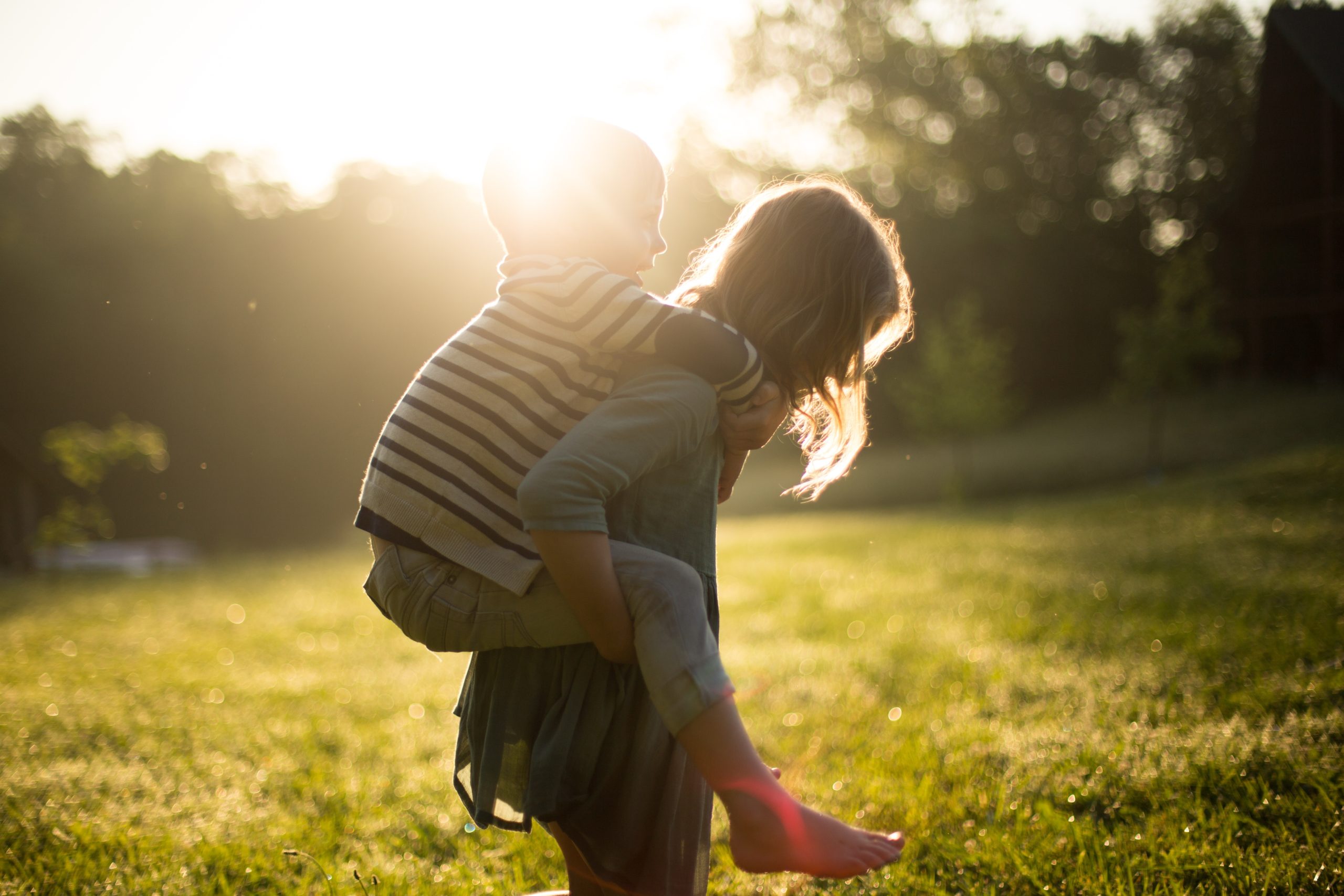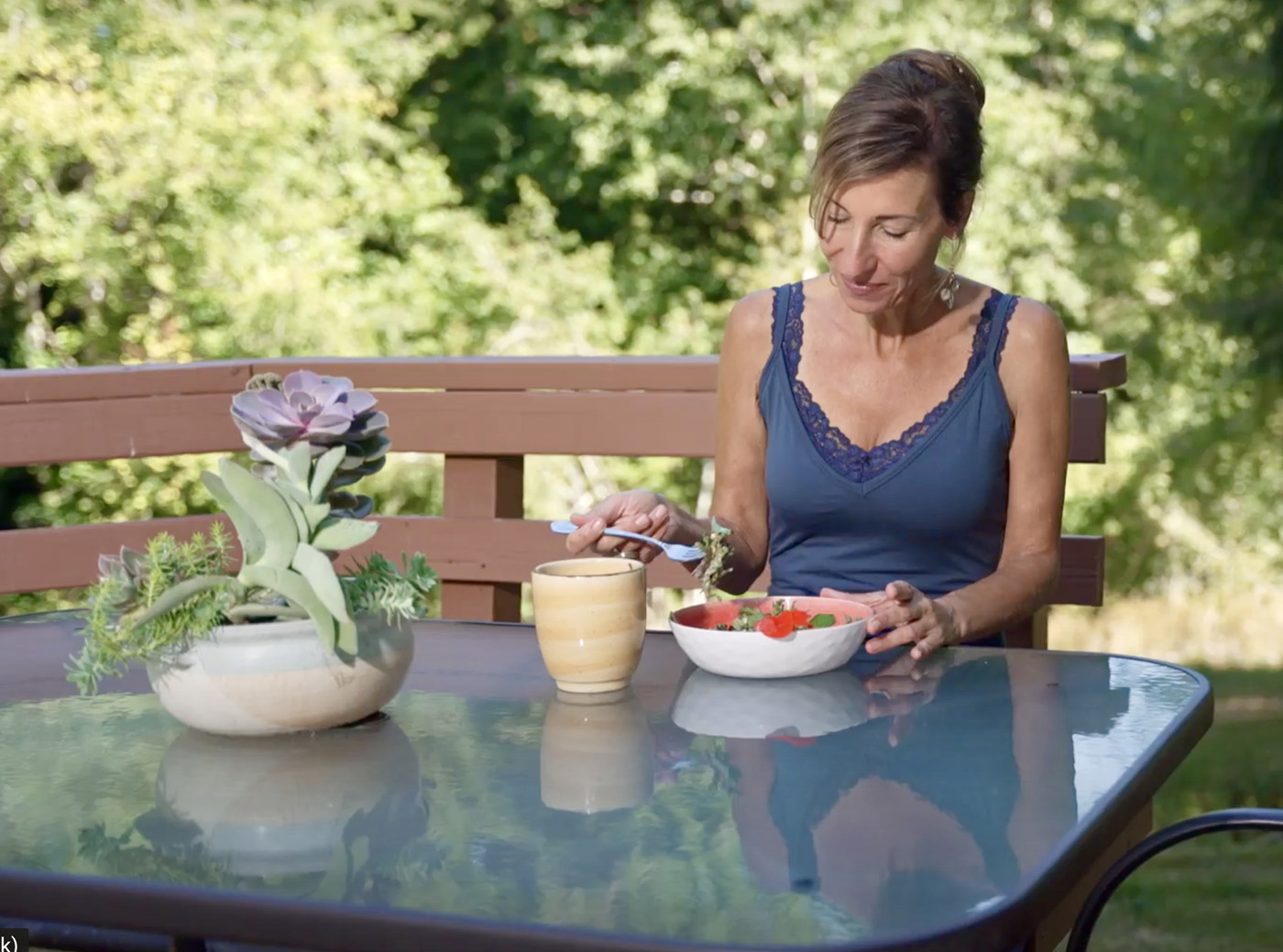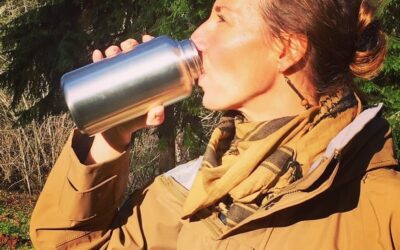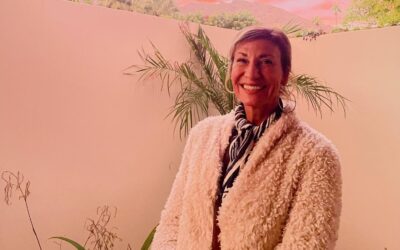Connection with Community
In the most recent couple of articles in this series on holistic health, we’ve discussed connection with self and connection with nature. The third level of connection, connection with community is equally important and relates back to all of the other efforts at holistic health we’ve touched on so far.
How can you actually have more connection with community?
In our current society, we live in nuclear families in isolation. For the most part, we sequester our elders away in nursing homes. Children have dependence on only their parents, instead of on our larger ‘village.’ We’ve isolated ourselves, sequestered our generational wisdom away from our main family unit, and stopped relying on the surrounding community for the support we all need.
Imagine if your only job as a parent is to love your children…
Once when I was leading a safari in Africa, we were visiting with the community of Kalahari San Bushmen I work with and one of the folks on the safari asked one of the tribal elders, “What is your role as a parent?” The answer was incredible: “My only job as a parent,” he said, “is to love my children.” He didn’t refer to discipline, teaching, or control. My only job as a parent is to love my children. When I heard his reply, my heart sort of stopped. For these San Bushmen who are living intergenerationally, there are aunties and uncles who will teach, who will mentor, who will discipline. And that elder has nieces and nephews, etcetera, whom he teaches and whom he disciplines. It’s not that the parents don’t teach their children; they’re teaching their children all the time. They just don’t do it in the same way we do. They do it through action.
Have you ever told your kids something and they don’t really listen because it’s coming from you? But you know when someone else says the same thing to them, it’s a whole different response. So how do you foster that for your family – for yourself and for your children? It’s about fostering community.
How do you foster community when you live in nuclear homes? It’s admittedly very hard.
Create a reason to gather
One simple solution.
One of my favorite ways to do it—and this is so simple. Potlucks. In my old neighborhood, we had monthly potlucks that would rotate houses. One Saturday each month we knew where the potluck was going to be. That practice meant my kids knew everybody on the block. It meant that I knew everybody. It meant that when my neighbors needed to run to the grocery store, their kids came to my house. It meant that my kids had an open-door policy at the neighbors’ houses. I was living in, and within, a community. We could rely on the neighbors to look out for each other’s homes and most importantly, for each other’s children.
I also started a regular potluck for people who were interested in nature. I hosted at my house every other week on a Wednesday (because no one has plans on a Wednesday), and we kept it really easy with a standing invitation. We had every age group at those events, from a newborn baby to an eighty-two-year-old. That was my intergenerational village and my kids have aunties and uncles in their lives now from that experience. Now that we’ve moved to the woods, I still maintain contact with those folks. We also have a big email list with about 200 people on it, and many of us still use it to connect on a regular basis about getting together.
Of course, there were nights I was exhausted and felt like I didn’t want to do it. It would be five o’clock and I knew people were coming at six thirty. I’d be thinking “Oh, I just want to go to bed!” But I would be so happy when people started to show up and fill the house with their energy and delicious food to share. After it was over and everyone had left, I always felt better – happy, uplifted, supported, connected.
It’s too easy to sequester yourself.
A potluck sounds so simple, but the connected community that developed because of those potlucks still holds today and has changed so many people’s lives. Find one reason to pull people together and it leads to things like intergenerational living and learning, people joining forces professionally, expanded chosen families, and more.
Ask for help
I don’t know why we all have such a hard time asking for help, but across the board, it seems to be an issue for just about everyone. We all seem to think we need to be able to handle it all alone. It’s especially hard to ask people for help when you really need it. I think a lot of us worry that we’re inconveniencing people when we ask for help.
But, think about it, how do you feel when someone asks you for help? I’m talking about things like dropping the kids off for an hour so you can go grocery shopping, or asking for help with dinner during a week when your family is experiencing an unexpected issue, or asking, could you come over and just sit with me; I’m feeling really down. People actually like to help. It gives us a sense of purpose. And purpose brings us happiness.
I do still forget this though when I need help. I have to consciously remind myself that they’re actually getting just as much out of it or maybe even more than I am. We have to repeat and remember, people like to help.
Asking for help also creates those extended relationships we need around us; it begins to build the village.
The next time you need help, cut through the isolation and the tendency to try to do it all alone and ask for what you need.
Eco-Centric Awareness
All of this comes under the umbrella of what Aldo Leopold calls eco-centric awareness, bringing self, community, and nature all together as three connective pieces to foster a true holistic culture. While most people will say “western culture” I use the term “western non-culture” because, in order to have a true culture, you need those connections to self, connection to others, and connection to nature.
When we understand and practice the interdependent relationship of ourselves, our earth, and our community we’ve truly embodied holistic health.
There’s a great South African tribal expression, Ubuntu, which means you are generous, you’re hospitable, you’re friendly, caring, and compassionate. You share what you have, and my humanity is bound up in yours.
We all belong to a bundle of life.
Interconnection is key.
My humanity is bound up in yours.
READ ALL FIVE POSTS IN THIS BLOG SERIES TO LEARN MORE ABOUT THE IMPORTANCE OF HOLISTIC HEALTH AND THE STEPS YOU CAN TAKE TO ACHIEVE IT IN YOUR OWN LIFE.
To watch the video of this talk, visit my YouTube channel.




